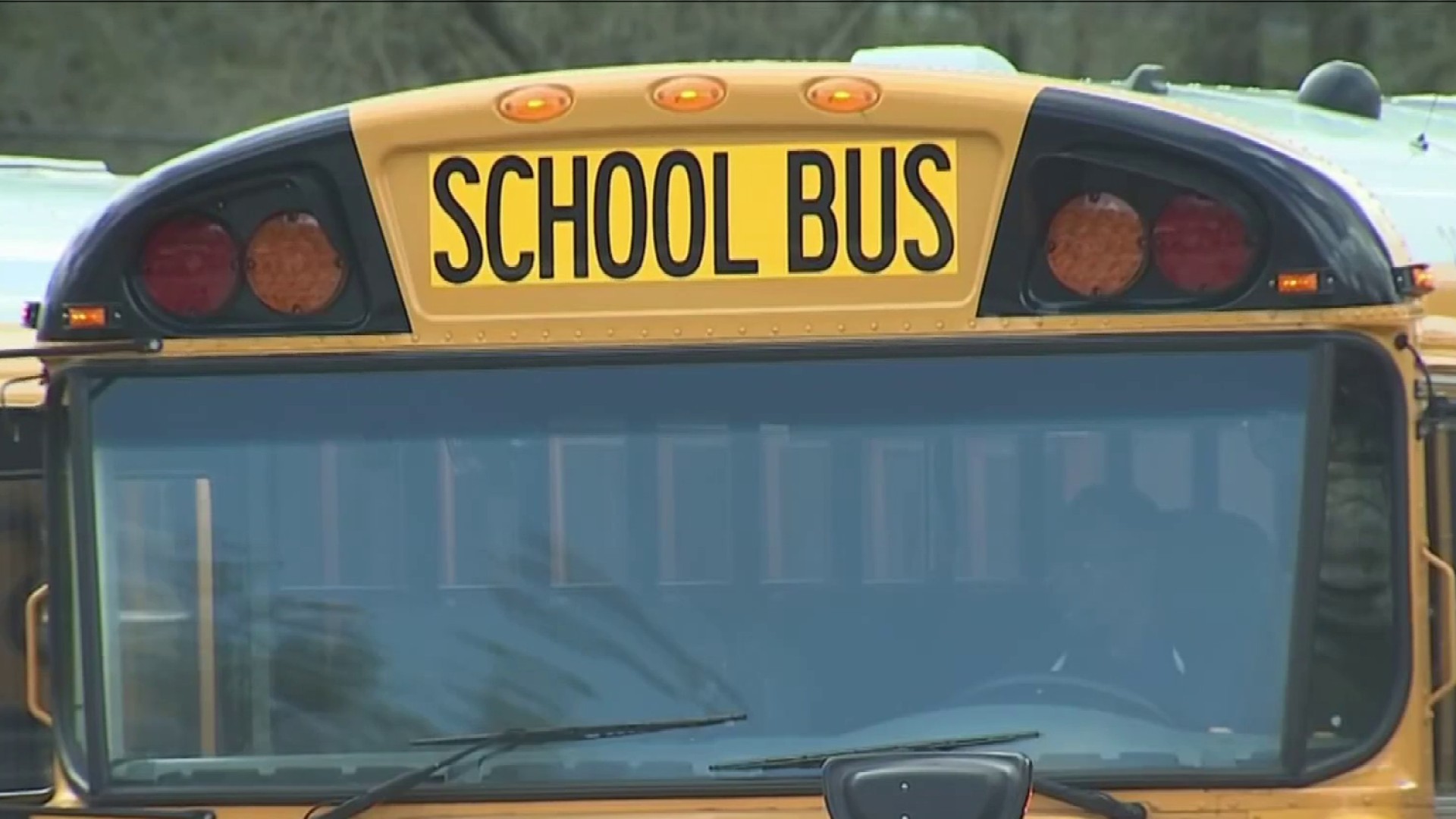The National Institutes of Health spent $14.6 million in taxpayer money since 2012 to prepare, approve and route the paperwork needed for its employees to attend medical and research conferences, according to an investigation by the News4 I-Team.
The expenses, considered burdensome and wasteful by NIH administrators and medical experts, have sharply increased since 2012. Those costs are the result of a series of new federal bookkeeping rules designed to actually reduce the costs of conferences and travel.
The new travel regulation, ordered by the U.S. Office of Management and Budget in 2012, is forcing the NIH to use staff on an excessive amount of administrative paperwork, NIH Director Francis Collins said.
“We’re using the skills of hundreds of employees who could be doing something else for, as best as I can tell, no added value,” he said.
A fast-growing number of work hours of high-level researchers and administrators are now dedicated to the routing, collecting and distribution of travel approval forms, an agency official said. Higher levels of approval, by higher ranking agency officials, were ordered government-wide by the Office of Management and Budget.
The new travel requirements were issued in the wake of a series of controversial, pricey conference events staged by federal agencies, including an $800,000 Las Vegas conference organized by the U.S. General Services Administration. The 2010 conference, which was deemed wasteful in an audit by the agency’s Inspector General, included elaborate entertainment, gifts and expensive meals.
Federal records obtained by the I-Team show travel costs have sharply dropped in the three years since at several federal agencies. The General Services Administration reports having reduced its travel costs by $80 million since 2010. The Department of Veterans Affairs reports having reduced its travel costs by $50 million.
Local
Washington, D.C., Maryland and Virginia local news, events and information
But supporters of the National Institutes of Health said scientific and medical agencies would be significantly harmed if they reduced their attendance at medical conferences.
“People working on viruses, vaccines and really important issues need to be able to talk to other scientists and have joint meetings,” American Association for the Advancement of Science spokeswoman Tiffany Lohwater said.
NIH officials must be able to travel to view research projects and partners in person, she said.
The National Institutes of Health arranged travel for employees on 28,000 occasions in 2014, the I-Team reports.
NIH researchers aren't the only government scientists caught up in the extra paperwork. Government Accountability Office investigators report U.S. Navy Research lab officials spent 9,000 hours and about $1 million on administrative tasks to get approval for conferences travel in one year. Los Alamos National Lab in New Mexico spent $1.6 million managing its own conference attendance expenses in one year, according to the GAO report.
The new rules helped reduce excesses by federal agencies, former Inspector General of the U.S. General Services Administration Brian Miller said.
“I think they’ll clean up their act because of the publicity, including from the Las Vegas conference, and I think they have,” he said.
The new travel and conference regulations were softened in January, reducing the burden on some higher level federal managers, a spokesman for the Office of Management and Budget said.
The change has only relieved some of the cost and burden of the paperwork, an NIH official said.
The OMB spokesman issued this statement:
“Wasteful spending is unacceptable. Plain and simple. Administration efforts to reduce wasteful spending related to travel and conference activities have saved taxpayers nearly $3 billion over the last few years. And it is critical we continue rooting out waste while recognizing the need for our Nation’s civil servants, who are in many cases the world's leading scientists, to have opportunities to engage their counterparts outside of the federal government, share best practices, and enhance their overall ability to deliver upon their missions and breakthrough advancements in medicine and science. That is why OMB recently clarified guidance to agencies to reduce burdens and streamline the process for Federal employees to travel and participate in conferences. Agencies are taking practical steps to measure the right balance between reducing spending and meeting mission critical needs.”



